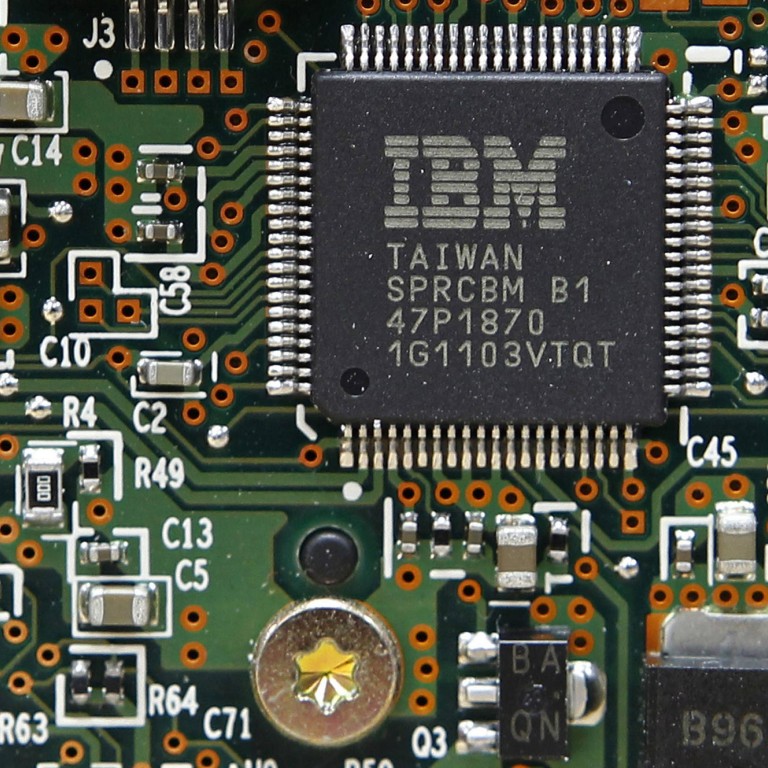
IBM tax rate hits 20-year low with help of Dutch haven
IBM has reduced its tax rate to a two-decade low with help from a tax strategy that sends profits through a Dutch subsidiary.
IBM has reduced its tax rate to a two-decade low with help from a tax strategy that sends profits through a Dutch subsidiary.
The approach, which involves routing almost all sales in Europe, the Middle East, Africa, Asia and some of the Americas through the Netherlands unit, helped IBM as it gradually reduced its tax rate over 20 years at the same time pre-tax income quadrupled. Then last year, the rate slid to the lowest level since at least 1994, lifting earnings above analysts' estimates.
IBM is aiming for US$20 a share in adjusted earnings by next year, up from US$11.67 in 2010 - a goal made more difficult as the company posted seven straight quarters of declining revenue. To stay on target, IBM has bought back shares, sold assets, and fired and furloughed workers. A less prominent though vital role is played by its subsidiary in the Netherlands, one of the most important havens for multinational firms looking for ways to legally reduce their tax rates.
"They've got a lot of ways to beat earnings and they definitely take advantage of it," said Josh Olson, analyst at Edward Jones. "It's part of how IBM operates."
IBM ended last year with a tax provision US$1.84 billion lower than it initially projected, thanks to a tax rate of 15.6 per cent - compared with its forecast of 25 per cent. Without the lower rate, the company's earnings per share would have fallen from the previous year instead of rising, and net income would have missed analysts' estimates by about 14 per cent instead of 2.9 per cent.
An IBM spokesman declined to comment on its tax structure.
Attracted by the Netherlands' policies and extensive network of tax treaties, IBM joins companies such as Yahoo, Google and Cisco Systems that have used Dutch subsidiaries to cut taxes.
Offshore tax strategies like the one used by IBM are coming under increased scrutiny. In the past year, the tax-avoidance techniques of companies including Apple, Google and Amazon have been the subject of US Senate and British Parliament hearings. Meanwhile, the Organisation for Economic Co-operation and Development is developing a plan to fight "profit-shifting" at the direction of the G20.
IBM International was incorporated under Dutch laws in 1999, according to filings in the Netherlands. The subsidiary acts as a holding company for more than 40 IBM-owned firms worldwide, including its operations in Ireland, a corporate tax haven where IBM has thousands of employees. The Dutch group had three employees in 2008, a number that swelled to about 205,000 by the end of 2012 - only 2 per cent of whom actually work in the Netherlands. IBM has about 430,000 workers worldwide.
By the end of 2012 - the latest year for which filings are available - IBM had accumulated US$44.4 billion of offshore profits on which it had not paid US taxes.
"No company is better than IBM at managing their annual effective tax rate," said Ed Outslay, an accounting professor at Michigan State University.
The lower costs have helped IBM free up funds for US$65 billion in share repurchases since 2010. By reducing the amount of stock in circulation, the buybacks increase earnings per share - even when revenue is falling.
IBM has stumbled during the technology industry's transition to the cloud, where information is stored online instead of onsite. While the firm's cloud services sales are growing, the trend has spawned a new crop of competitors and eroded demand for traditional hardware and services.

